UK warns of risk of 'nuclear war' if West cuts off China, Russia
The West risks the start of nuclear war with China or Russia due to a “breakdown of communication” with the two major powers, the United Kingdom's national security adviser has warned.
In a speech in Washington at the Centre for Strategic and International Studies, Sir Stephen Lovegrove said the erosion of backdoor channels had caused an increased chance of an accidental escalation into war.
“The cold war’s two monolithic blocks of the USSR and NATO – though not without alarming bumps – were able to reach a shared understanding of doctrine that is today absent,” said Lovegrove, noting that deterioration of communication with China and Russia has sparked a risk of “rapid escalation to strategic conflict.”
“During the cold war, we benefited from a series of negotiations and dialogues that improved our understanding of Soviet doctrine and capabilities, and vice versa,” added Lovegrove, who was appointed to UK government’s most senior defense position in March 2021.
“This gave us both a higher level of confidence that we would not miscalculate our way into nuclear war.”
He further said that they do not have the same foundations with others today, who may threaten them in future, referring to China, stressing that London “strongly supports [US] President Biden’s proposed talks with China as an important step".
Biden and his Chinese counterpart Xi Jinping held a phone conversation on Thursday, just three days after Beijing warned of “strong measures” if US House Speaker Nancy Pelosi went through with plans to visit self-ruled island territory of Taiwan, claimed by China.
During the talks – aimed at diffusing tension over Chinese Taipei – Xi again warned his American counterpart not to “play with fire” over Taiwan, calling on him to abide by the “one China” policy.
“Public opinion cannot be violated. Those who play with fire will be burnt. I hope the US can clearly see this,” the Chinese president emphasized, according to a readout released by China's official Xinhua news agency.
The strong warning is the latest in a string of similar warnings issued by Beijing in response to reports last week that the 82-year-old Pelosi, who is second in the presidential line of succession, may pay a visit to Taipei in August.
While praising Washington’s decision to re-engage with Beijing, Lovegrove also highlighted the risks of China’s technological advances.
“We have clear concerns about China’s nuclear modernization program that will increase both the number and types of nuclear weapon systems in its arsenal,” he underlined.
Last year, Beijing tested a hypersonic missile that circumnavigated the globe before hitting a target. China, Russia and the US are also developing hypersonic missiles that travel at more than five times the speed of sound and can maneuver in the air.
Russia became the first country to use hypersonic systems during a war when it deployed in Ukraine its Kinzhal missiles – which, according to the Kremlin, are capable of carrying nuclear warheads.
Commenting on Russia’s ongoing military operation in Ukraine, the senior British national security official accused Moscow of “acting deliberately and recklessly to undermine the global security architecture."
“That’s a pattern that includes the illegal annexation of Crimea, the use of chemical and radiological weapons on UK soil, and the repeated violations that caused the collapse of the INF [intermediate-range nuclear forces] treaty.”
Despite the increased risks, however, Lovegrove stressed that much of the existing architecture remains “vital,” such as the chemical weapons convention and the biological and toxin weapons convention, and the treaty on the non-proliferation of nuclear weapons.
He went on to caution that the reality is “that current structures alone will not deliver what we need a modern arms control system to achieve.”
Many of the existing arms control agreements, he insisted, are “designed for a world that no longer exists,” created for a “bipolar conflict” and not providing coverage of “dangerous new and emerging technologies.”
A more integrated approach to arms control is required across a variety of areas of proliferation to reduce the risk of a future nuclear conflict, Lovegrove added.
“We must acknowledge that existing nuclear states are investing in novel nuclear technologies and developing new ‘war-fighting’ nuclear systems, which they are integrating into their military strategies and doctrines and into their political rhetoric to seek to coerce others,” he said.
Russian court orders Google to pay staggering fine of $20 decillion
Yemeni forces carried out five operations in Haifa, targeting six ships, in one year: Report
Israeli war machine fails to penetrate Lebanon despite barbaric bombardment: Houthi
VIDEO | Is West's dominance over?
VIDEO | Five Syrians killed in Israeli airstrikes on al-Qusayr near Homs
VIDEO | South African resistance leaders reflect on ways to overcome Israeli aggression
VIDEO | Press TV's news headlines
VIDEO | Netanyahu pressured on a ceasefire


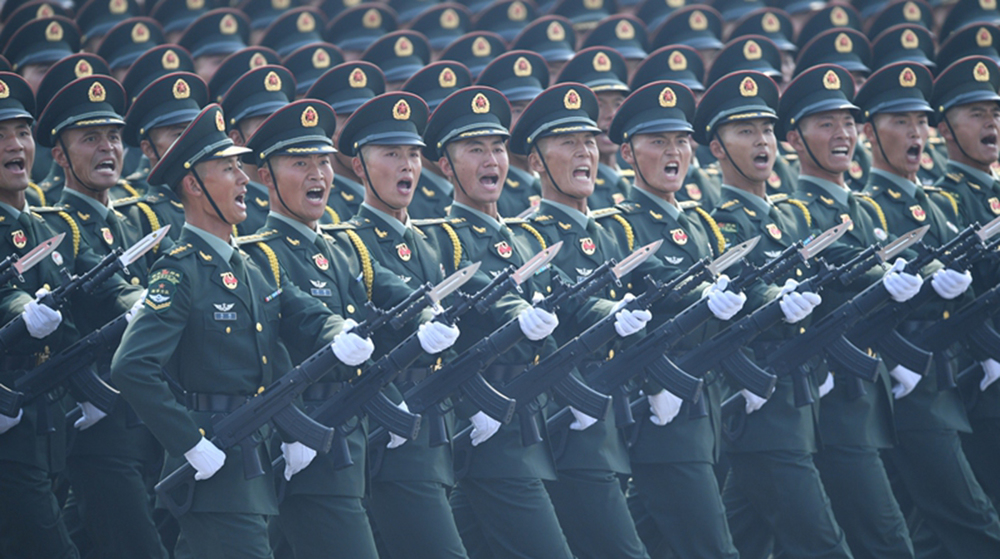
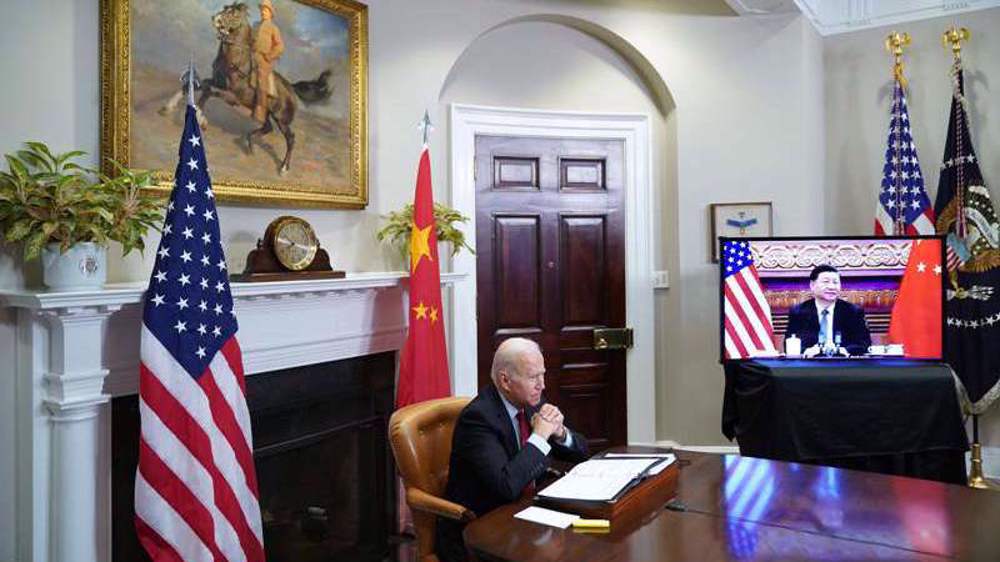
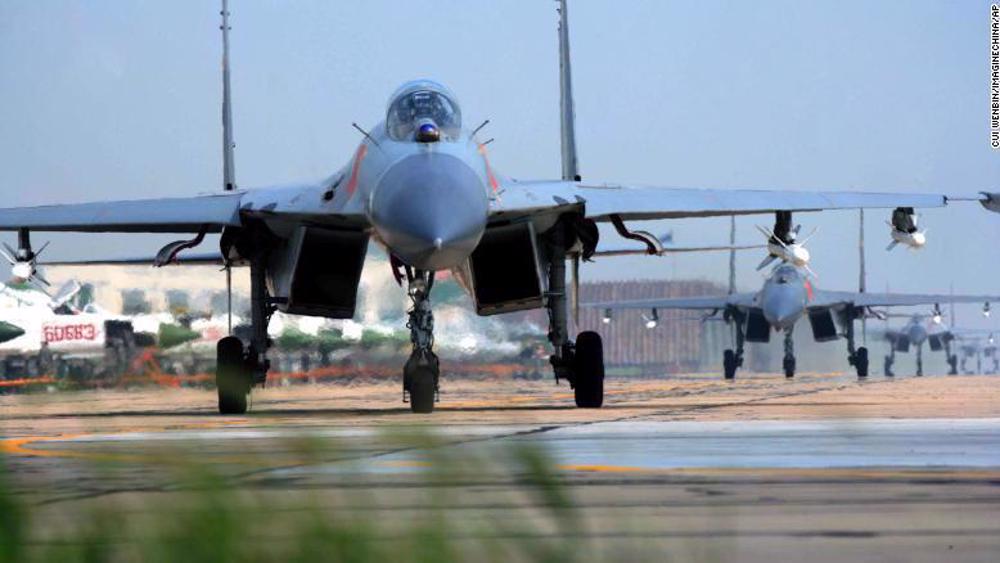
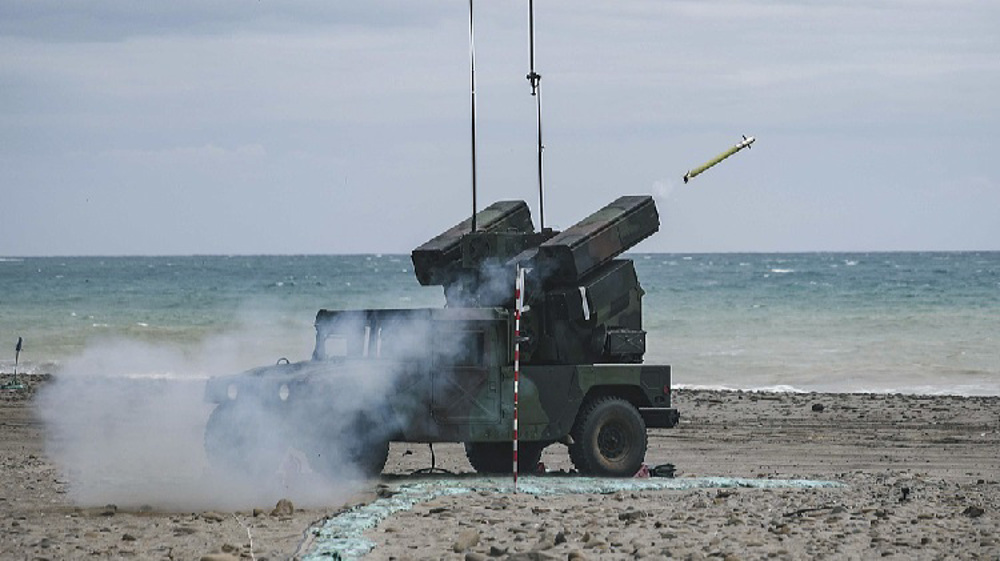
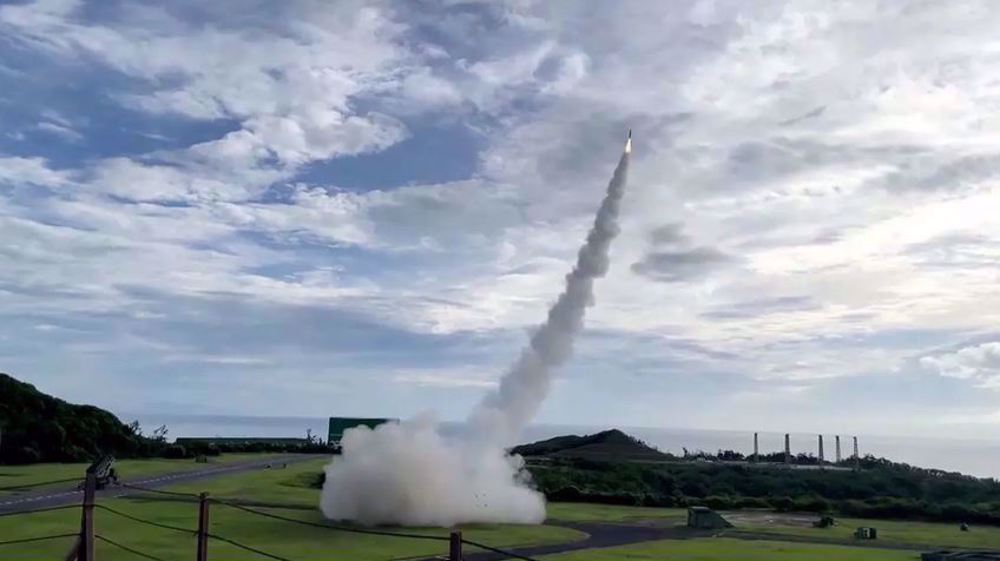
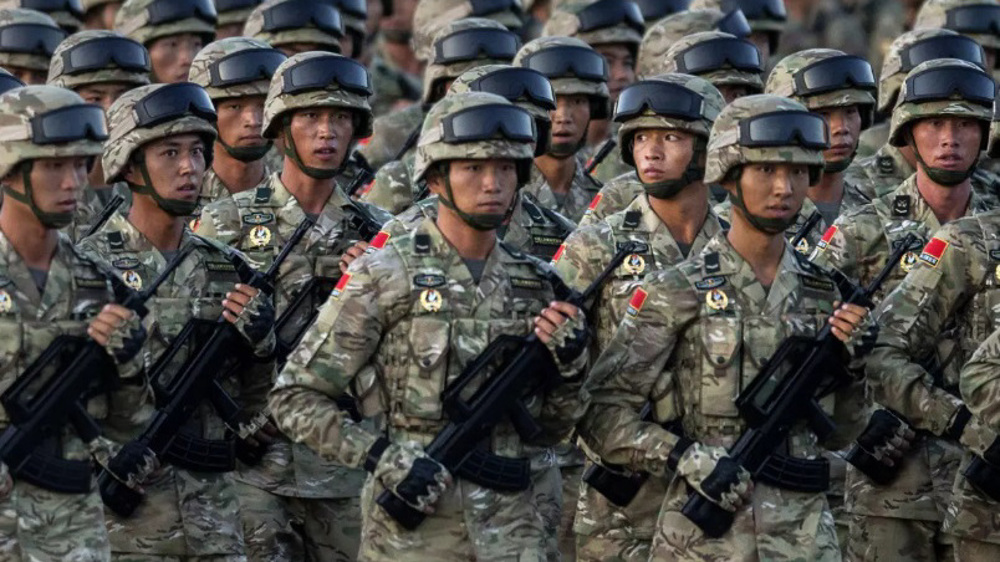



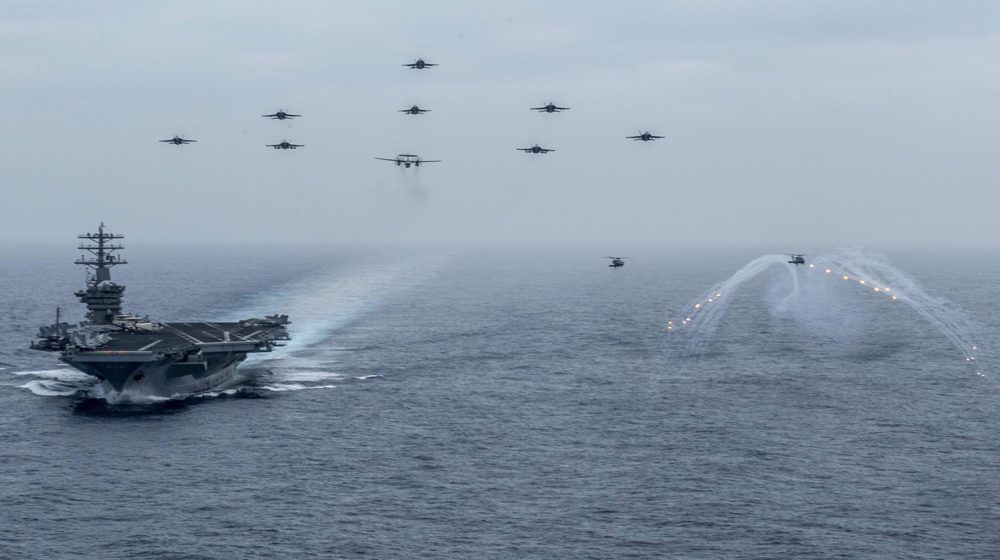
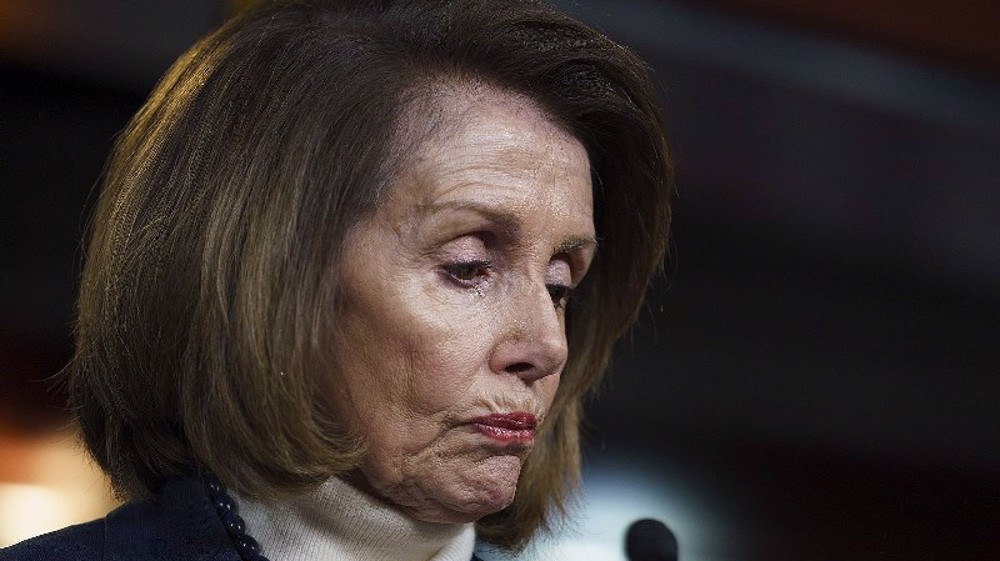
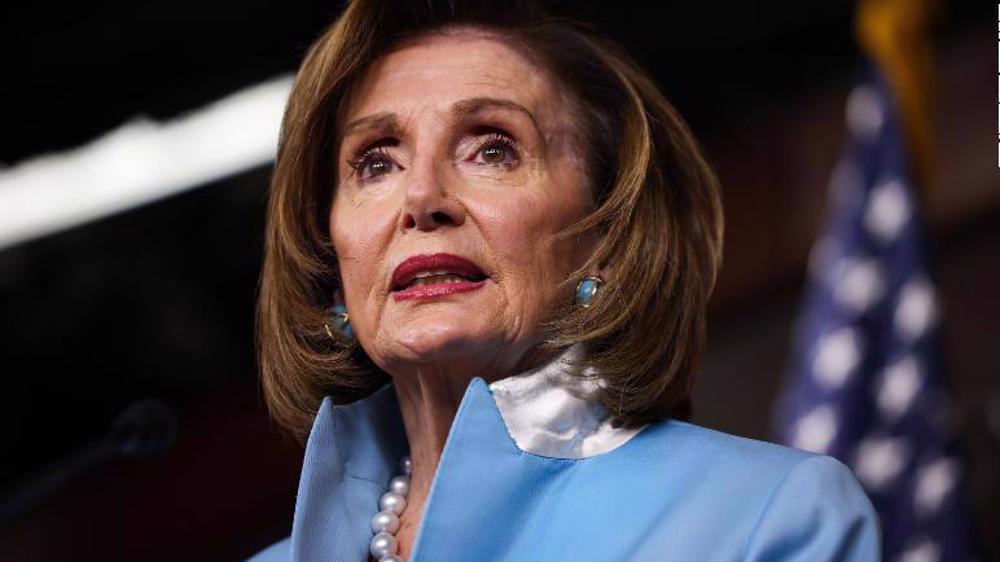

 This makes it easy to access the Press TV website
This makes it easy to access the Press TV website